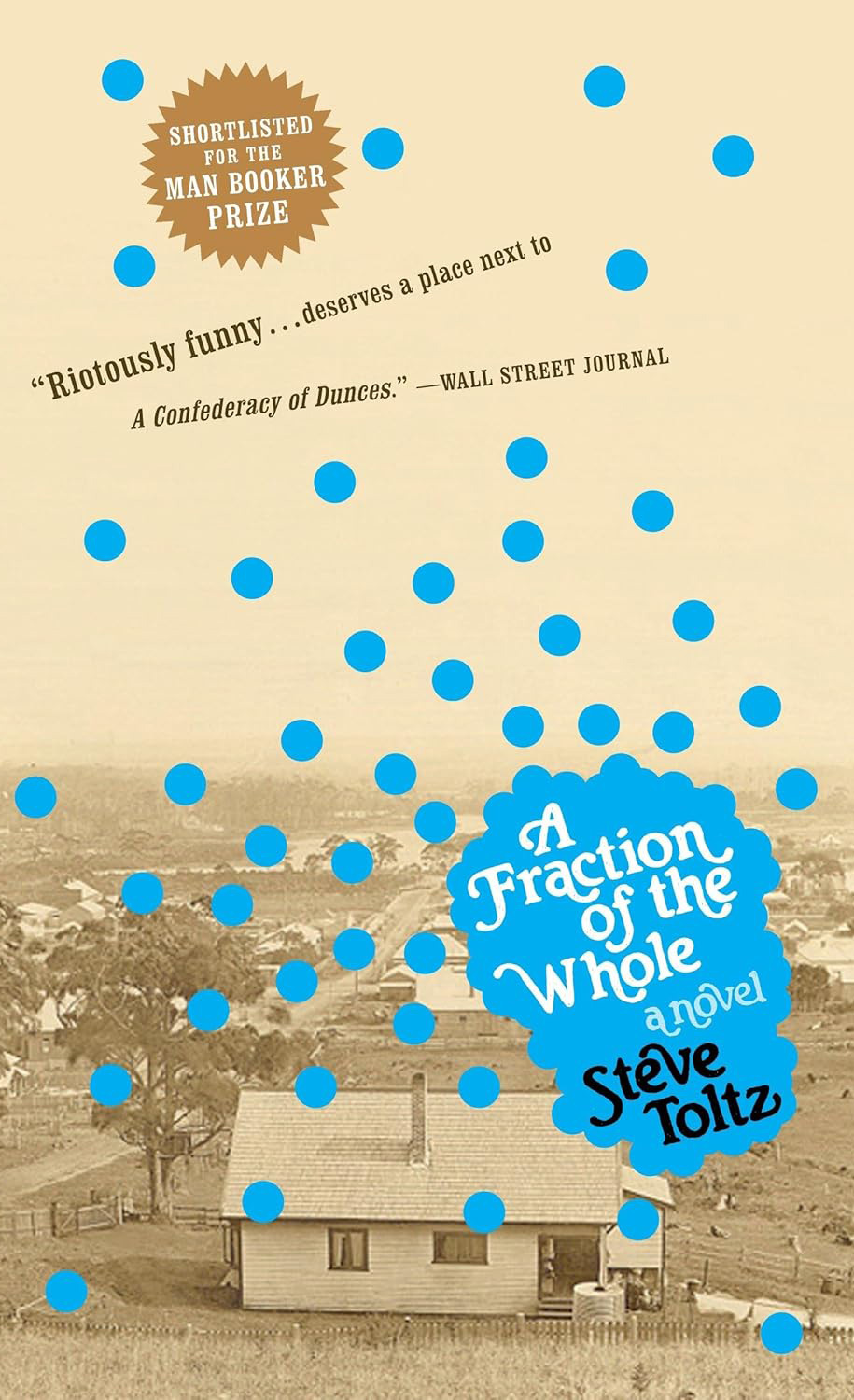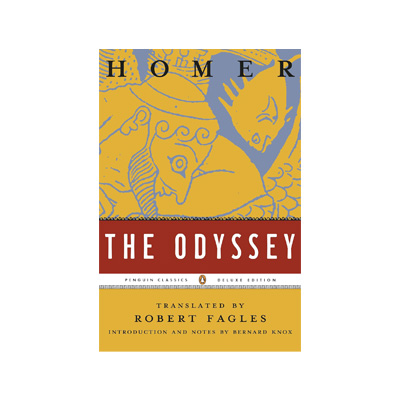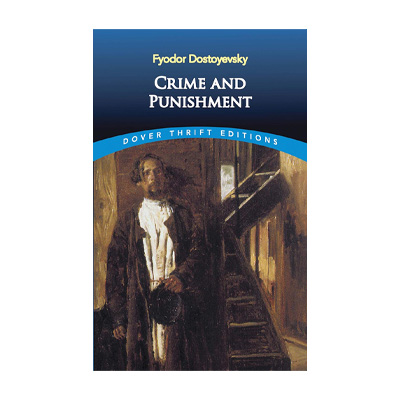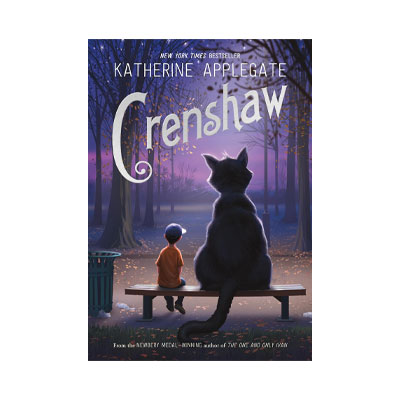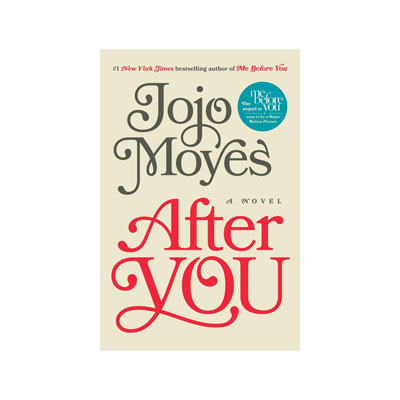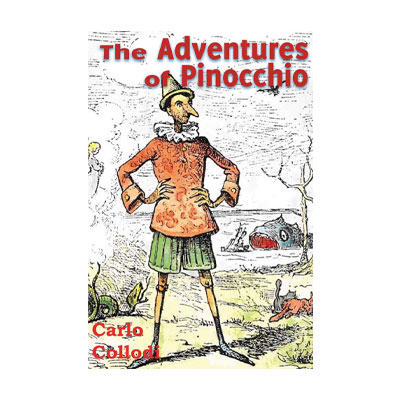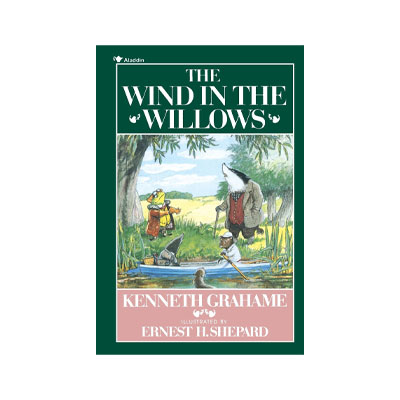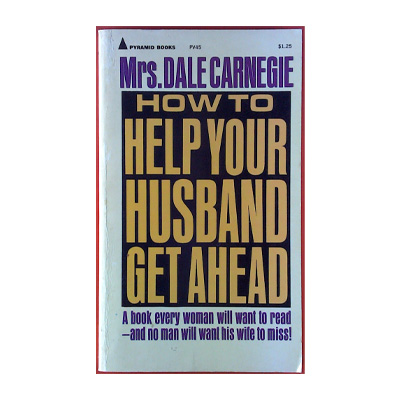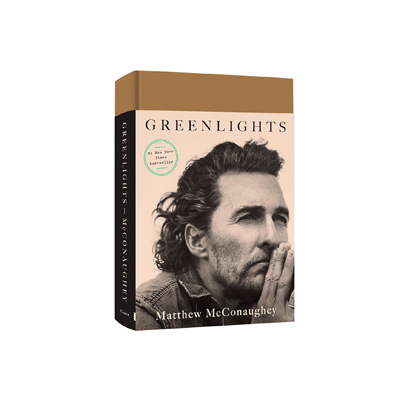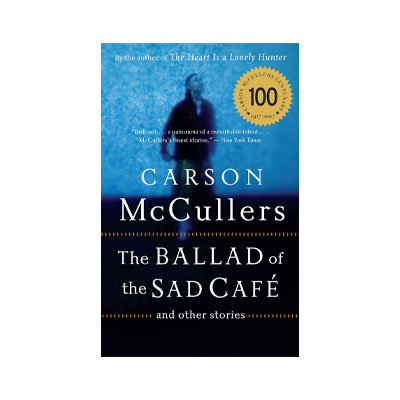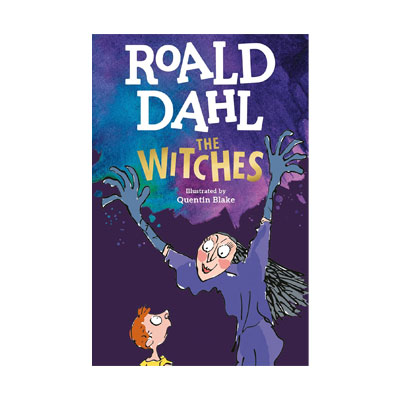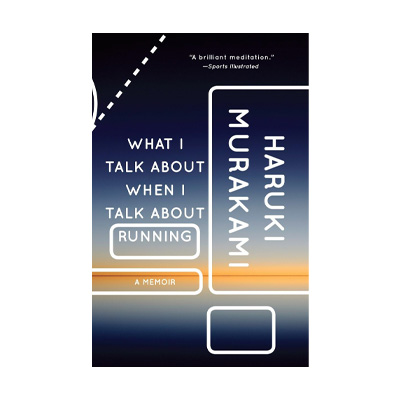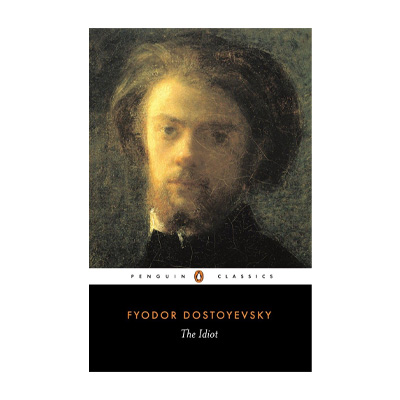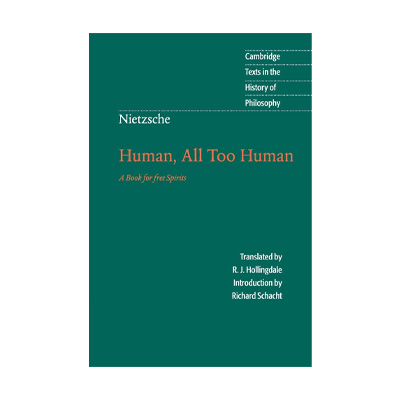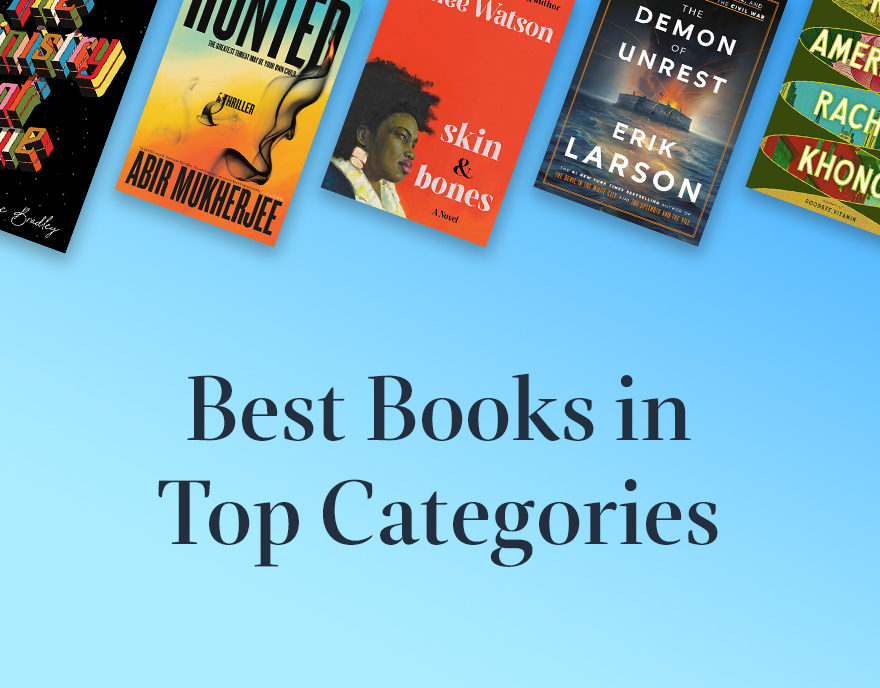About the Book
"A Fraction of the Whole" is a novel by Steve Toltz that explores the life of a family across two generations. It is a philosophical yet humorous book that has received widespread acclaim worldwide since its publication and is considered one of the New York Times bestsellers.
The story is narrated by a father and son named Martin Dean and Jasper Dean, with Jasper recounting his complicated relationship with Martin at the beginning of the novel. He shares the conflicting feelings he has had towards his father and the issues imposed on him after analyzing his father's perspectives, leading him to seek more about his past after Martin's death.
This inquiry brings him to his beloved uncle Terry, a very popular sports figure who ends up imprisoned after getting involved with a dangerous convict. In sections where Martin narrates, readers encounter a confession of his hopes and failures during his lifetime. Martin discusses the disappointments that stem from being overshadowed by his brother Terry, to the extent that many knew him as Terry's brother rather than Martin, even his wife, who always considered Terry the love of her life.
Beyond this, the emotional relationships between the two brothers and between father and son, as well as the human emotions depicted concerning love, hopes, fears, death, and life, are among the main focal points of this work. Writing about "A Fraction of the Whole" is not an easy task; it requires thorough and focused reading to grasp its deep concepts.
Other accolades of "A Fraction of the Whole" include its placement on Amazon's bestseller list and receiving awards such as the Ned Kelly Award, Miles Franklin Award, Australia's Premier Literary Award, and the New South Wales Premier's Literary Awards. Many critics regard this book as the most distinguished work in the history of Australian literature, and it has also been nominated for the Booker Prize. The fact that this work has been reprinted for the seventieth time in recent years is another noteworthy point.
About the Author
Steve Toltz was born in 1972 in Sydney, Australia. After completing his secondary education at Killarney High School, he graduated from Newcastle University in 1994. Before dedicating himself to literature, he experienced various jobs such as security guard, English teacher, marketing, and filming. He has lived in several cities including Barcelona, Montreal, Vancouver, and New York City. His other works include "A Fraction of the Whole" and "Here Goes Nothing."
Who should read this book?
This book is recommended for readers seeking a philosophical work with a very simple and fluid text. Additionally, those who enjoy engaging with a story filled with thought-provoking philosophical sentences will find Toltz's valuable work a worthy addition to their reading list.
Book Quotes
When you try so hard to forget someone, that very effort becomes a memory itself; then you have to forget the act of forgetting, and even that remains in your mind.
Friendship is an unpredictable responsibility.
People are not mysterious because they never remain silent.
As I said, Terry and I had different body structures; his movements were smooth, comfortable, confident, and agile, while mine were laborious, painful, hesitant, and slow. But our differences manifested more in our interests, and opposing interests can truly create a divide between people.
For example, if you have a friend who constantly talks about how someone else has found their love but they still haven’t found their soulmate, and your other friend is an actor who worries about why God hasn’t given them a better nose, a wall gradually forms between them, and in these irrelevant conversations, continuing the dialogue will lose its meaning. On one hand, this was exactly what was happening between Terry and me. Terry only talked about sports heroes. I showed some interest, but the main aspect of having a hero is imagining yourself performing those heroic acts.
So how do I begin recounting our horrific odyssey? Don’t be harsh, Jasper; remember that people are satisfied with simply hearing complex events; no, they faint and swoon. Besides, my story is nonsensical and real. I don’t know why, but being real matters to people. If someone tells me they have an amazing story to share but not a word of it is true, I lose my temper. I think I have to accept this reality: this story is as much about me as it is about my father. I hate that no one can recount their life story without turning their enemy into a star.
You never hear of an athlete losing their sense of smell in a horrific accident. If the universe decides to give us humans a painful lesson that will ultimately serve no purpose in our future lives, it’s clear as day that the athlete will lose their leg, the philosopher their mind, the painter their eye, the composer their ear, and the chef their tongue. My lesson? I lost my freedom.
Sometimes not speaking comes with no trouble at all, and sometimes it’s more exhausting than playing the piano. Why does a being with infinite choices pretend to have only one or two choices wasted?
Fear nothing from having nothing; love is hard work.
The word "Amen" is like the send button on an email. Sinners are not condemned to death; they are condemned to life.
In fact, when I imagined myself scoring a goal or running a mile in four minutes, I only experienced fleeting and superficial happiness. The enthusiasm of the cheering crowd saying, "Look how fast he runs!" was not satisfying for me. It was clear that I needed a different kind of hero; ultimately, Terry dedicated his entire life to his passion. Everything from meals to going to the bathroom was an unwanted interruption between the times he could play, practice, or even think about sports.
My problem is that I cannot summarize myself in one sentence. All I know is who I am not. I have also realized that there is an implicit agreement among most people to align themselves with their surroundings. I have always felt this need to rebel against my environment; that’s why when I go to the cinema and the screen goes dark, I desperately want to open a book and read; fortunately, I always carry a flashlight with me.
Everyone wants to be in the front row when history is being made. If there’s a ticket to Dallas in 1963 involved, who would want to miss the chance to watch Kennedy’s head explode? Or the fall of the Berlin Wall? People who were there speak as if JFK's brain splattered on their shirts or as if they personally nudged so hard that the Berlin Wall crumbled; no one wants to miss anything, like sneezing during a minor earthquake and then wondering why everyone is screaming.
What I didn’t understand was that people don’t think; they repeat. They don’t analyze; they ruminate. They don’t digest; they copy. Back then, I understood a little that unlike what others said, choosing between available options is different from thinking for yourself. The only way to think correctly for yourself is to create new possibilities—possibilities that do not exist.
